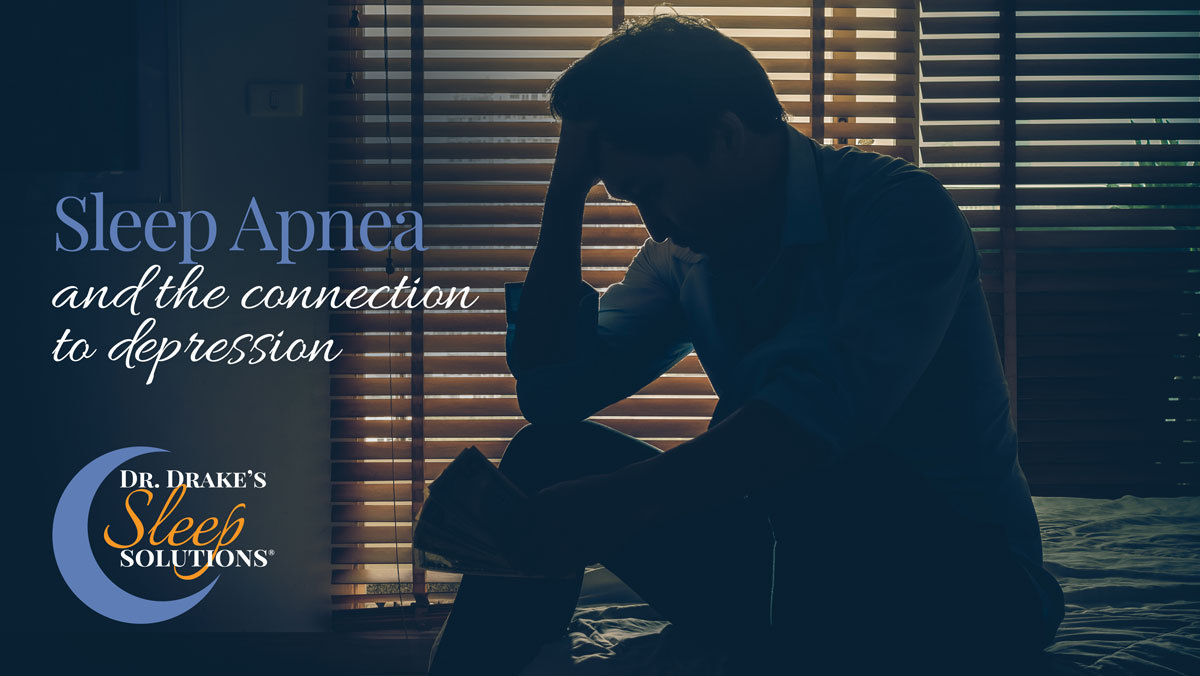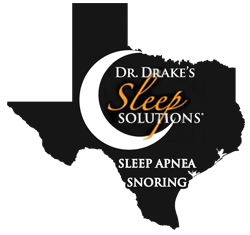06 Jul Is Sleep Apnea Related to Depression?

While feelings of sadness and grief are a natural part of life, some people feel them more consistently and deeply than others. When these negative emotions linger for weeks at a time, they may be symptoms of depression. Depression can be the result of a variety of factors. Often times, it is easy to shift the blame to an obvious source, such as a stressful work environment or a difficult relationship. However, in some cases, the factor affecting your lifestyle can stem from a unexpected place— your sleep.
If you are having difficulty sleeping and are experiencing depressive symptoms, sleep apnea may be the cause. In a study conducted of nearly 19,000 people, those with depression were found to be five times more likely to suffer from a sleep disorder, such as obstructive sleep apnea (OSA). Obstructive sleep apnea causes the body to experience lower oxygen levels and disrupted sleep patterns. Because of the lack of sleep, the body can undergo a range of negative side effects; depression being one of them.
Luckily, there is a way to treat both depression and obstructive sleep apnea all in one. Dr. Drake’s dental device has proven to be effective in treating sleep apnea. Proper treatment can result in your body getting a full night’s rest. Once you become accustomed to a regular, healthy sleep pattern, your mind can begin to heal. For most, symptoms of depression are likely to lower or disappear entirely. Obstructive sleep apnea patients who sought and implemented treatment for a year showed significant improvements in depressive symptoms that had lasting effects.
If you or a loved one is struggling with sleep apnea, contact Dr. Drake today to discuss your treatment options.


